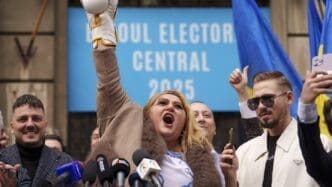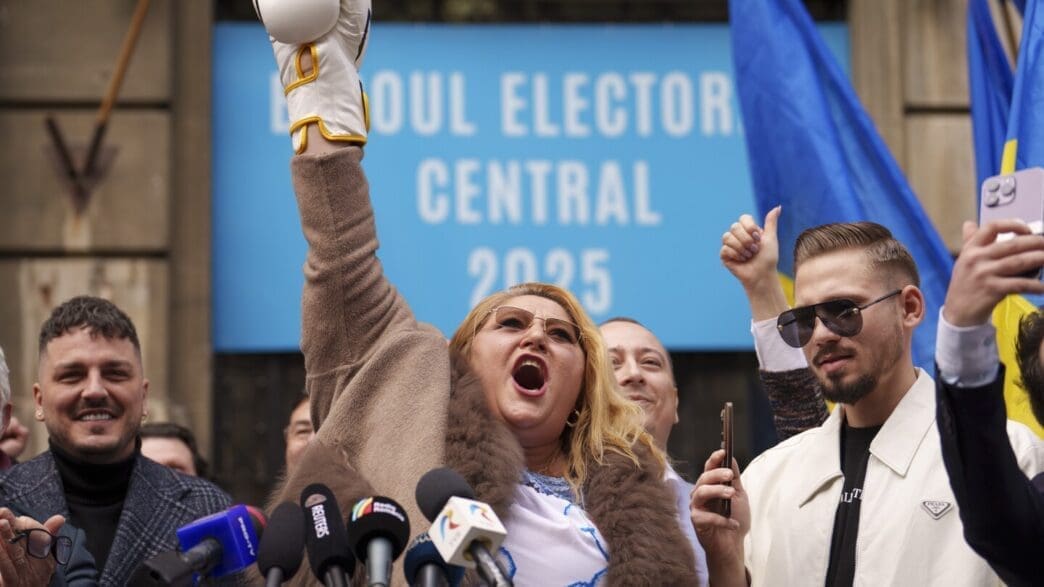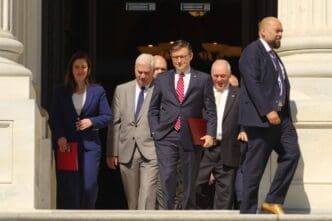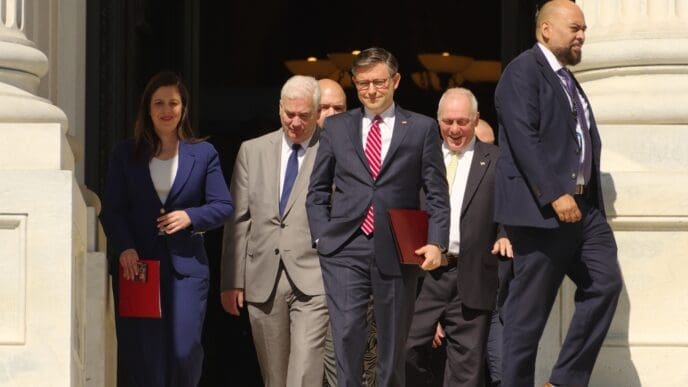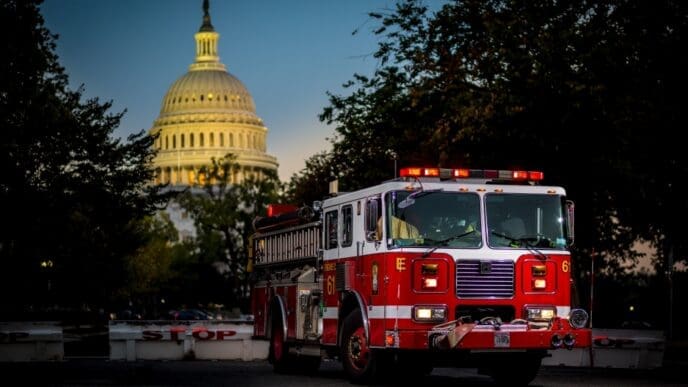In a recent decision, Romania’s Central Election Bureau rejected Diana Sosoaca’s bid for the upcoming presidential rerun while approving George Simion’s candidacy. Sosoaca, known for her controversial far-right stance, faced rejection based on previous grounds related to her public rhetoric against the European Union and NATO.
Diana Sosoaca, a prominent figure from the far-right S.O.S. Romania party, had her candidacy dismissed by Romania’s election body on account of her public discourse, which the authorities deemed incompatible with the constitutional duties of the presidency. This decision echoes last year’s actions when Sosoaca, a former lawyer, was excluded from the race. Despite the setback, Sosoaca announced her intention to challenge the ruling at the Constitutional Court, stating in a letter to former U.S. President Donald Trump that the democratic fabric of Romania is compromised, accusing the election process of being rigged.
Meanwhile, George Simion, leader of the far-right Alliance for the Unity of Romanians (AUR), secured his place in the presidential race. Simion, who previously finished fourth with 13.8% of the vote in last year’s elections, aims to galvanize nationalist support in the upcoming rerun, scheduled for May. AUR, advocating for ‘family, nation, faith, and freedom,’ has seen a significant rise in support, doubling its parliamentary representation since the last elections.
Simion, facing his own controversies, is under investigation for inciting violence following the exclusion of frontrunner Calin Georgescu in last year’s elections. He expressed concerns over potential exclusion but remains optimistic, as expressed in a statement on social media about overcoming institutional hurdles and aiming for a return to democratic practices. Despite restrictions from countries like Moldova and Ukraine due to security concerns, Simion continues to promote nationalist policies, including advocating for Moldova’s reunification with Romania.
The Constitutional Court had previously annulled last year’s election after allegations of Russian interference aimed at promoting Georgescu, who ran independently. This annulment has put Romania in a political quandary, drawing international attention and criticism from figures like U.S. Vice President JD Vance and Elon Musk.
In response to rising far-right sentiments, thousands gathered in Bucharest to demonstrate in favor of European integration. Actor Mihai Calin emphasized the need for unity against the tide of ultranationalism threatening European cohesion. Elena Lasconi, representing the pro-Western Save Romania Union party, also filed her candidacy to counter far-right influences in the electoral process.
As Romania prepares for the scheduled first round of the presidential election on May 4, with a potential runoff on May 18, the political landscape remains uncertain, reflecting broader European trends of nationalist and populist resurgence.
Romania’s political scene is marked by tension and uncertainty as the presidential election approaches. The decisions of the Central Election Bureau highlight the complexities of balancing national interests with democratic values amidst rising nationalist sentiments. The ongoing saga underscores the challenges facing Romania as it navigates its position within broader European dynamics.

